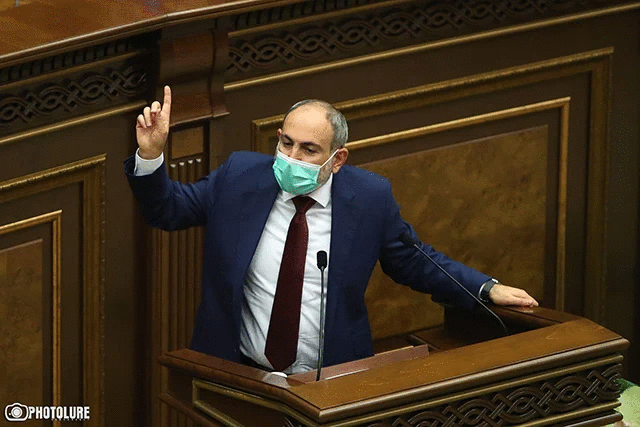When Prime Minister Pashinyan once again (in this case, from the podium of the National Assembly) used so-called “non-normative vocabulary,” the opposition hastened to describe it as a manifestation of mental imbalance. In fact, I think the explanation is not so simple. Pashinyan is a politician, and no matter what anyone thinks about it, he knows the nuances of political tactics. With such behavior, he sends a message to his electorate, according to official data, to more than 680,000 citizens: “I am one of you, I think and speak like you, I have a level of culture and intellect that suits you, I am a desirable leader for you.” And that message resonates with the mood of the electorate and really reflects reality.
Robert Kocharyan and Serzh Sargsyan did not have such a problem; those figures knew the mood of the majority of society. In particular, they knew they would not win the election anyway, and they resorted to the methods we know to retain power. The methods of suppressing the freedom of speech and assembly, silencing the opposition, and taking revenge on them are still used today. However, Pashinyan, even using these tools, seeks the support of the majority of society. And he gets it.
The problem, then, is with us. (I have to repeat that beaten formula). Imagine such a situation. You enter a room where everyone is “pointing their fingers” at each other (let’s use the mild version of what the Prime Minister said). What will be your response? 1) You will close the door and run away, 2) You will explain that it is not allowed, 3) You will do the same yourself. The second option, of course, is the best, but do we truly behave in that manner? Now take this private, everyday case to all of society, taking into account the indifference of the majority towards the fate of Artsakh, and sometimes also the aggressive-hostile attitude.
This problem has deep historical roots. One explanation, I think, is that in the area where we are trying to build a state, the intellectuals (which in other countries descended from the aristocracy and the bourgeoisie) began to take shape only in the 20th century.
Read also
That this layer of society is stoned by the majority is normal; it happens always and everywhere. But there is also the fact that there is no “type” or, if you will, “gilded” solidarity. The natural competition of ideas (for example, conventionally speaking, between “Armenians” and “pragmatists”) turns into a mutual rejection of “type.” And finally, “pointing a finger” at each other.
Aram Abrahamyan




















































